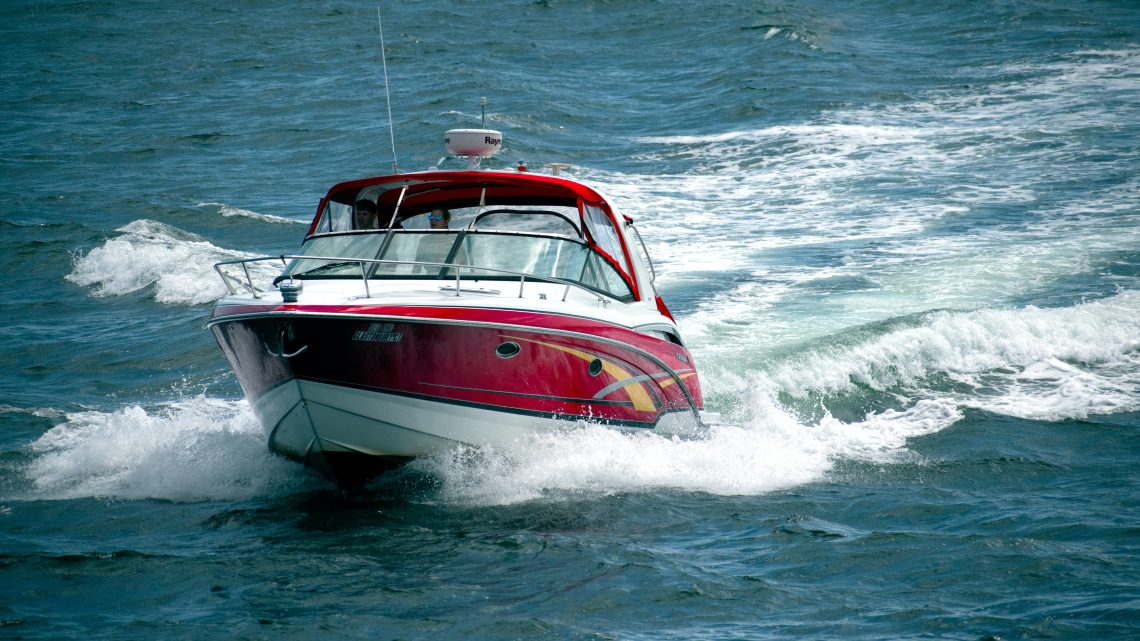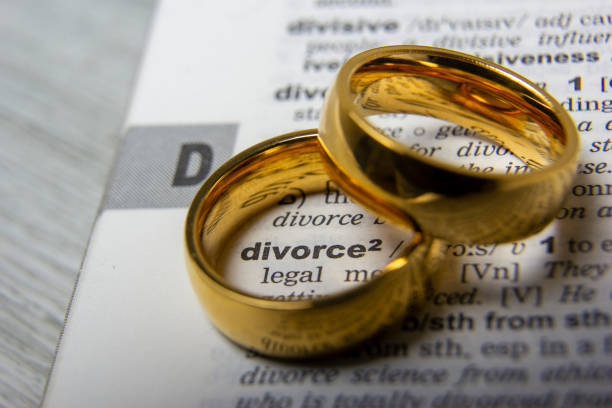Boating is a popular summer activity where everyone can enjoy can the open water and nature. Although, it may seem like a good idea to enjoy a few alcoholic beverages, boating under the influence poses serious risks. It can be dangerous for the person operating the boat, their passengers, and other individuals sharing the waterways.
Boating under the influence refers to the act of operating a boat while impaired by alcohol or drugs. Alcohol and other substances can significantly impair a person’s ability to operate a boat safely. Like driving a car drunk is dangerous and illegal, the same applies to boating. Many people underestimate the risks associated with BUI, but the consequences can be severe.
Understanding Boating Under the Influence (BUI)
Boating under the influence is a serious offense that can have detrimental effects on everyone involved. When individuals consume alcohol or drugs, their judgment and coordination are impaired, making it difficult to make sound decisions and safely operate a boat. It also has severe legal consequences.
Similar to driving under the influence, boating under the influence is against the law in most jurisdictions. In most places, law enforcement agencies are vigilant about patrolling waterways. Boaters suspected of impairment are subject to sobriety tests. According to the criminal defense lawyers “boaters are subject to implied consent laws, which means that by operating a vessel on state waters, you agree to submit to a breath or chemical testing if requested to take one by law enforcement.” Consequences of BUI may include fines, suspension or revocation of boating privileges, mandatory education programs, and in some cases, imprisonment. It’s important to understand the laws and regulations governing boating activities in your area.
Impaired Judgment and Coordination
One of the primary dangers of boating under the influence is impaired judgment and coordination. Alcohol and drugs affect cognitive abilities which leads to poor decision-making and slow reaction times. Operating a boat requires a high level of concentration and quick reflexes, which are compromised when under the influence. Impaired judgment can result in collisions with other boats, swimmers, or stationary objects, putting the lives of everyone involved at risk.
Increased Risk of Accidents and Injuries
Boating under the influence significantly increases the risk of accidents and injuries. According to studies, a large number of boating accidents involve alcohol or drug impairment. Intoxicated boaters are more likely to engage in reckless behaviors such as speeding, improper navigation, and failure to follow safety protocols. These actions can lead to collisions, capsizing falls overboard, or other incidents that result in severe injuries or even fatalities.
Tips for Preventing Boating Under the Influence
To prevent boating under the influence and promote safety on the water, here are some essential tips:
Designate a sober boat operator: Choose a responsible individual who will remain sober and in control of the boat throughout the outing.
Avoid alcohol and drugs on board: Make a commitment to stay sober while operating or riding in a boat.
Educate yourself: Learn about the dangers of boating under the influence and share this knowledge.
Be prepared: Ensure you have all necessary safety equipment on board, including life jackets, communication devices, and emergency supplies.
Encourage responsible behavior: Promote a culture of responsible boating by setting a good example and encouraging others to do the same.
Boating under the influence is a dangerous and irresponsible behavior that puts lives at risk. Impaired judgment, increased accidents, and severe legal consequences are all potential outcomes of BUI. To ensure the safety of everyone enjoying the water, it is vital to promote responsible boating practices, educate oneself about the dangers of BUI, and always prioritize the well-being of oneself and others.





No Comment